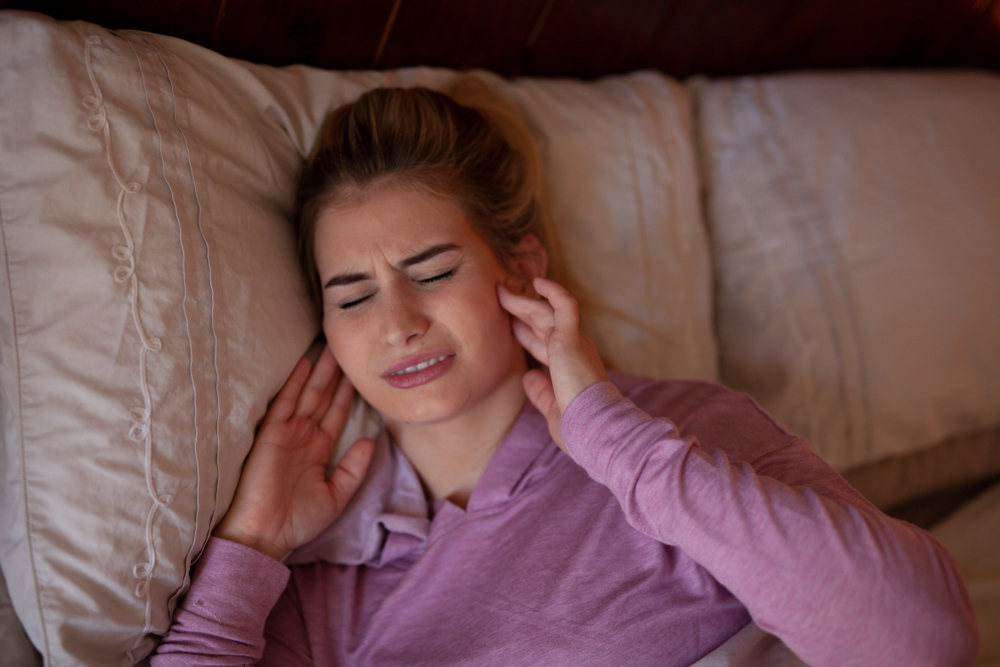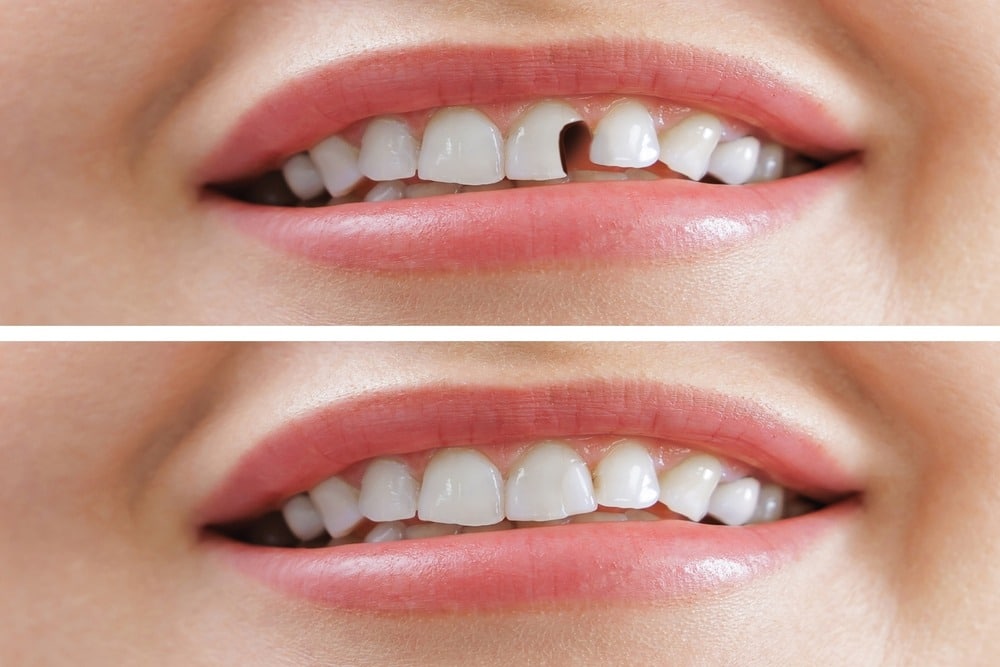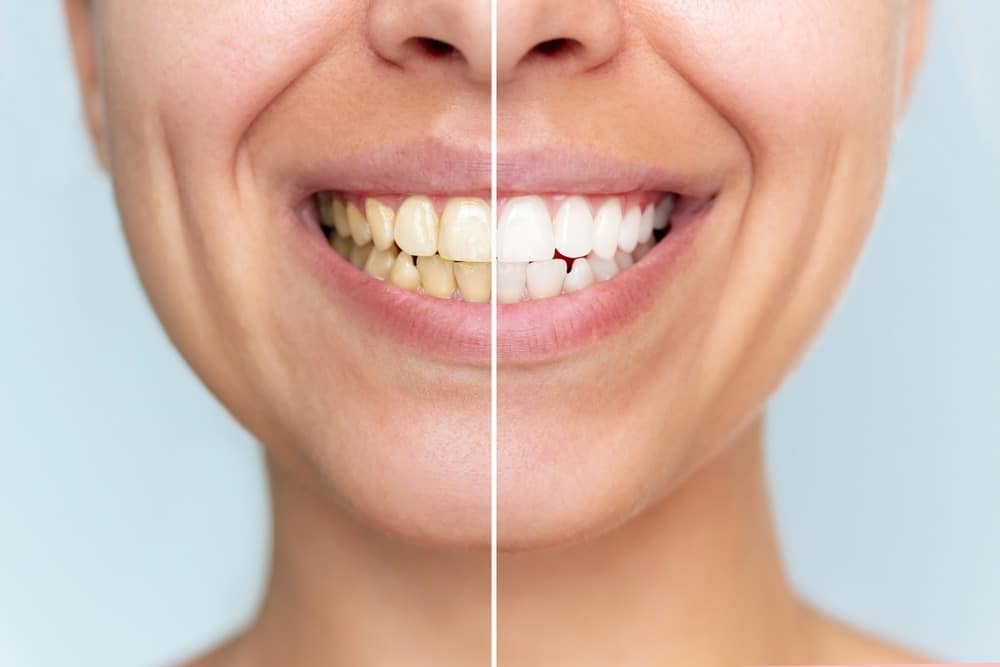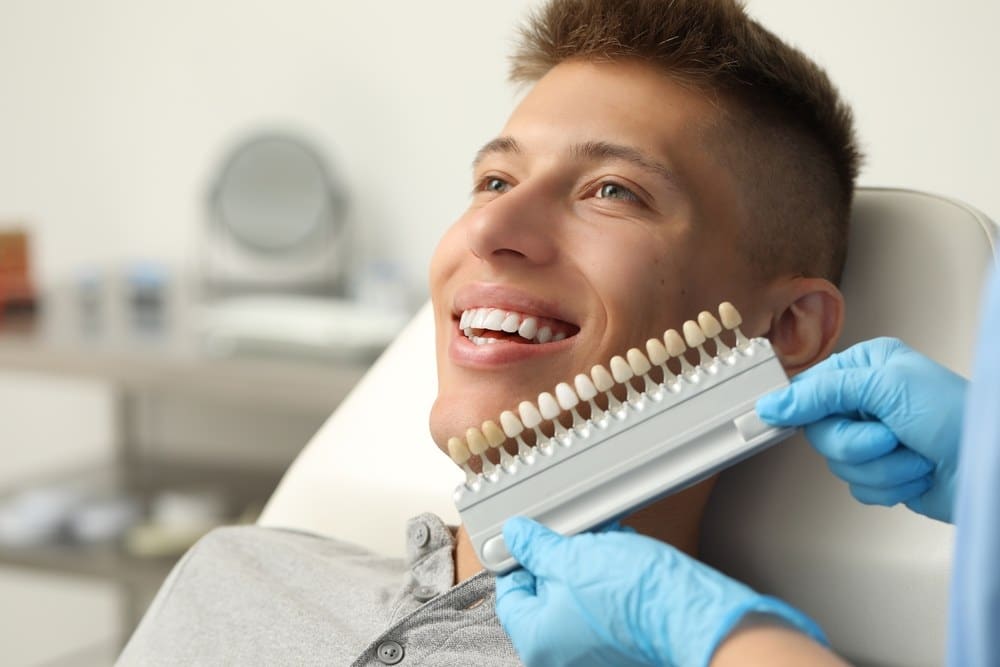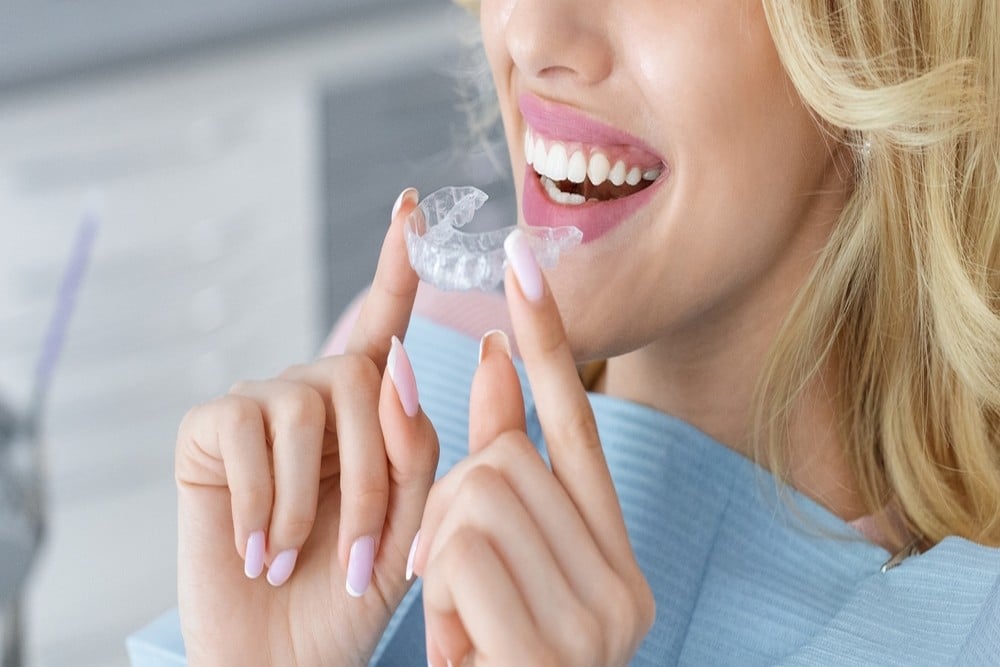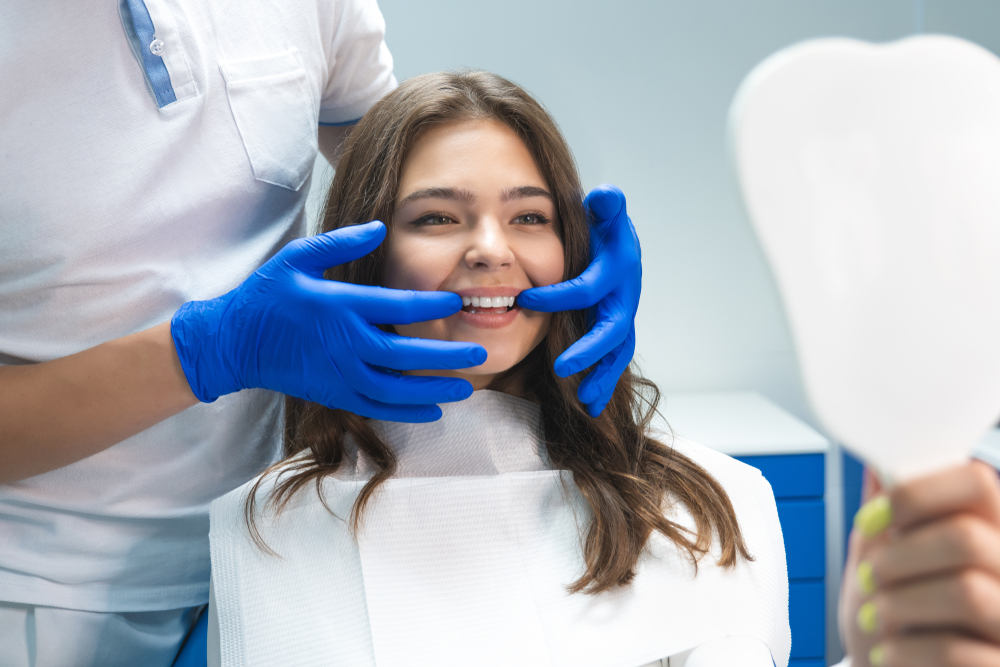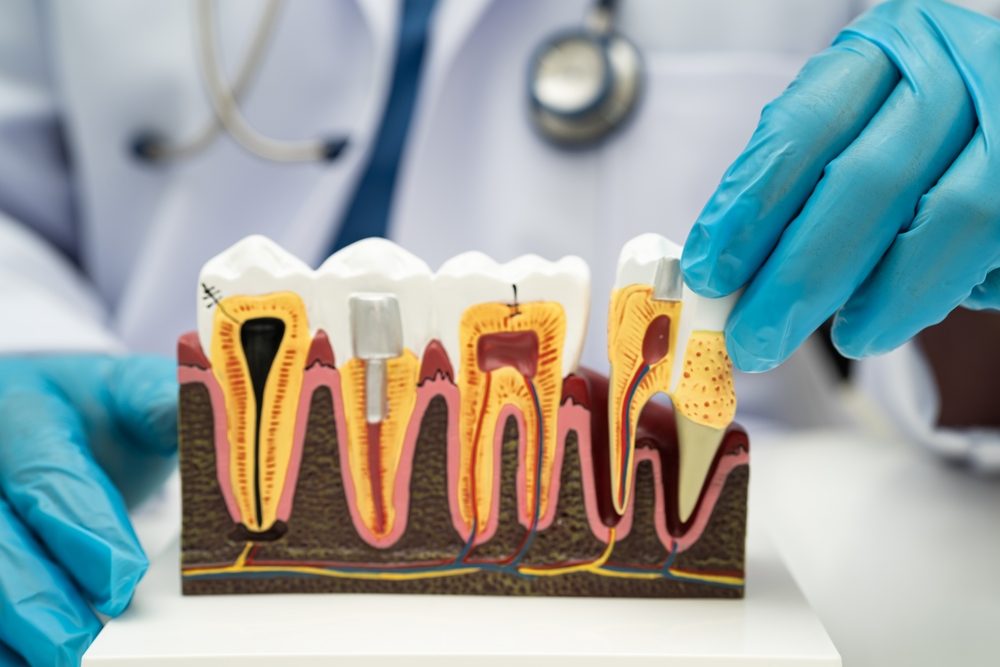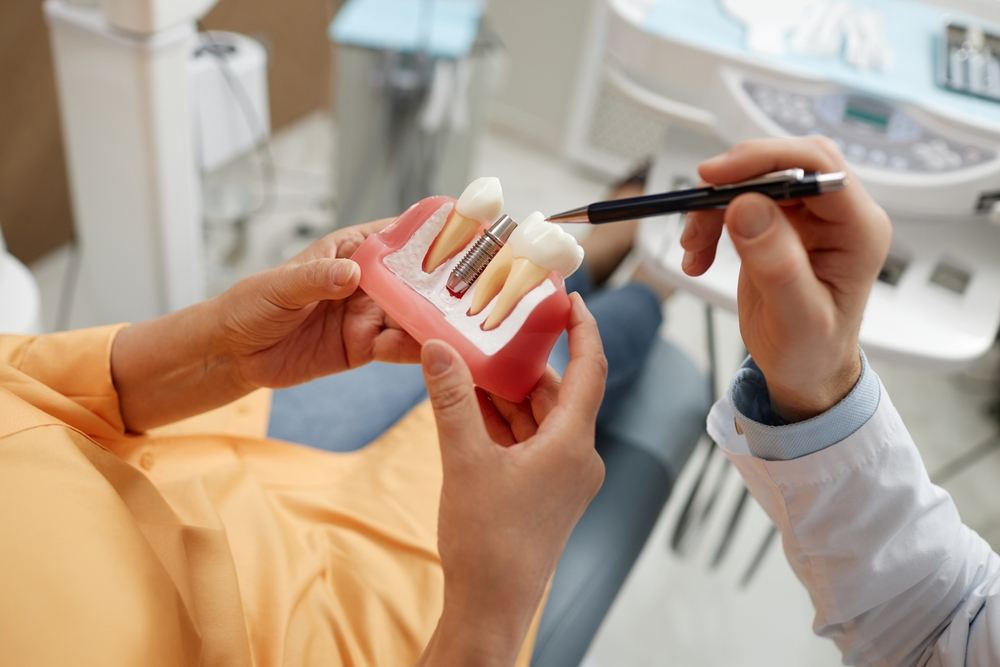Stress and oral health have a strong interconnection. If you’re experiencing high amounts of stress, it will eventually show up on your teeth. More and more signs of stress are showing up in our dental office these days, and we want to change that. This blog will go over stress-related dental issues and how to prevent them.
Stress Levels on the Rise
Stress levels have been on the rise recently, and it’s pretty evident that COVID-19 is a big factor. Our daily schedules have been disrupted, and believe it or not, change is a cause for stress. These changes are taking a toll on people both emotionally and physically. This has been apparent with our patient’s teeth, which is why we want to make our patients aware of this issue to prevent it or do something to reduce the damage.
Cracked Teeth
Many patients have been coming in with cracked teeth. Patients are experiencing general pain in their teeth without any explanation. This leads us to believe that it is due to grinding and clenching. However, we noticed that the source of pain has been due to a crack in our patients’ teeth. Patients are experiencing tooth trauma due to anxiety. These cracks are many times not visible, which makes it hard to determine the source of the pain. We recommend patients find activities that help them release stress and tension to reduce the high levels of tooth trauma taking place. Cracked teeth can be very painful, and we want to reduce this occurrence.
Clenching and Grinding
Teeth clenching and grinding is another consequence form stress. More and more patients are complaining about tooth pain in the morning, which is most likely due to the grinding taking place at night. There are webs of ligaments underneath our teeth that get stressed when grinding takes place. After being under trauma all night long, they become highly sensitive in the morning. Teeth clenching and grinding should never be ignored. It can cause serious issues if not treated, such as:
- Headaches
- Sleeping disorders
- Jaw pain
- Abnormal tooth wear
- Broken or chipped teeth
- TMJ disorder
What you can do to alleviate the stress on your teeth from clenching and grinding is use a mouthguard at night. During the day, try to keep your teeth slightly apart to reduce the habit of clenching.
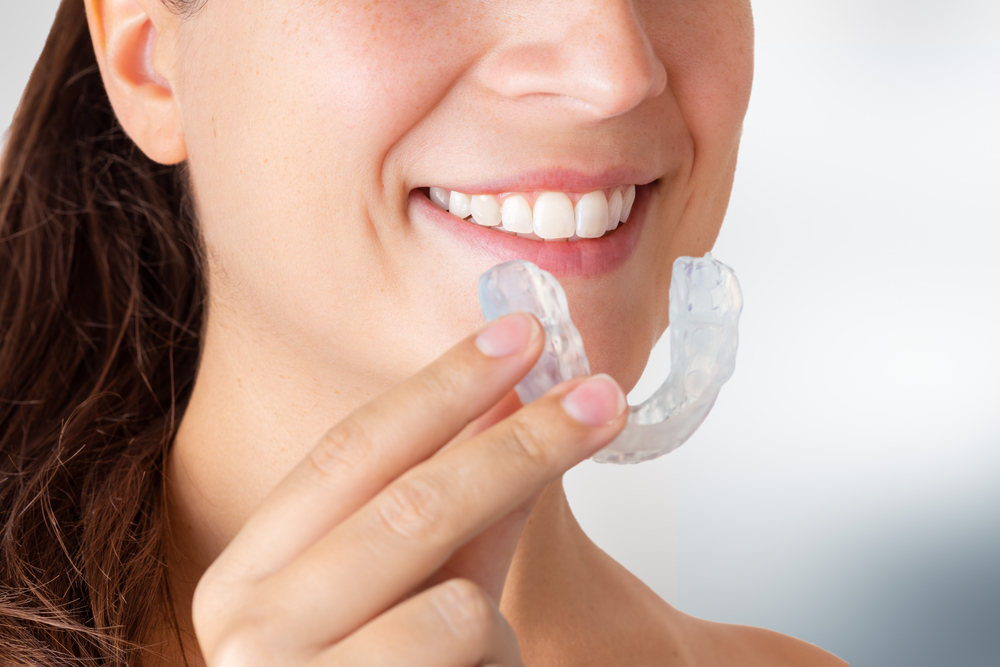
Gum Disease
Studies have shown that the body’s ability to manufacture immune cells to protect against bacteria is compromised when experiencing stress. Stress is a big handicap to your immune system that allows bacteria to thrive. As stress affects the immune system’s ability to fight against the bacteria that cause periodontal disease, people are becoming more prone to gum infections.
Ways to Prevent Stress Buildup
Everyone’s level of stress varies and there’s no absolute cure for stress. However, there are a few things you can to reduce your build-up of stress, such as:
- Getting proper sleep – although it may seem like a no-brainer, getting a good amount of sleep can make all the difference. Give yourself a good amount of hours to fully rest.
- Balancing responsibilities – Balance your responsibilities so that you have time to work and relax. Doing too much of one can be a cause for stress.
- Eating healthy food – What you eat affects your mood, stress, and energy levels. Cut down on sugary foods and eat more greens.
Stress factors such as COVID-19 have made a big impact on our lives. Stress can affect our teeth in many ways, which is why it is essential that you become aware of this problem and do something to prevent these issues from getting worse. We hope this blog helped you learn about stress-related dental issues. If you are experiencing dental issues due to stress, give Dental Arts a call at (619) 444-1001 or click here to book an appointment. We are located at 707 Arnele Avenue, El Cajon, CA 92020.

